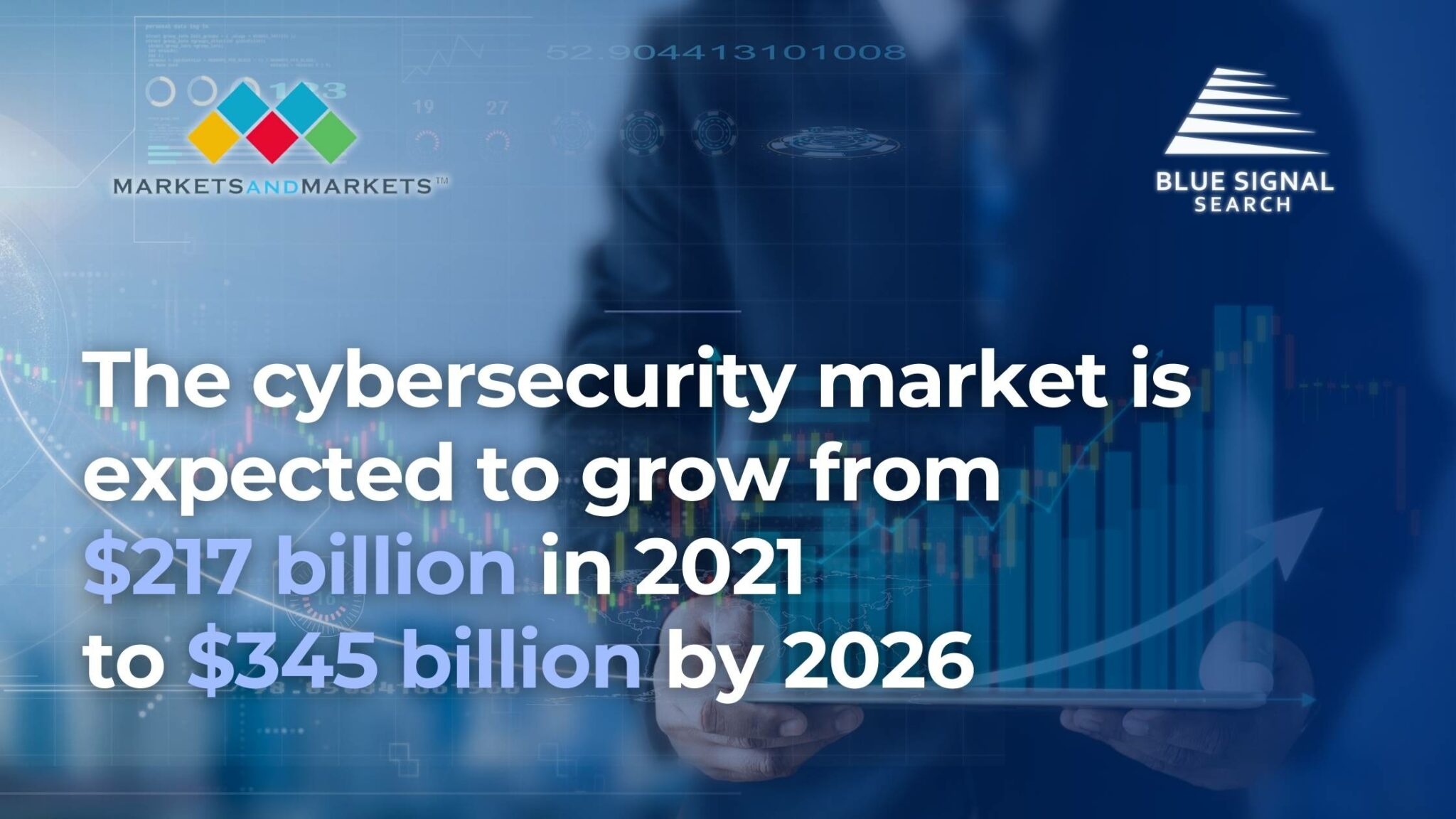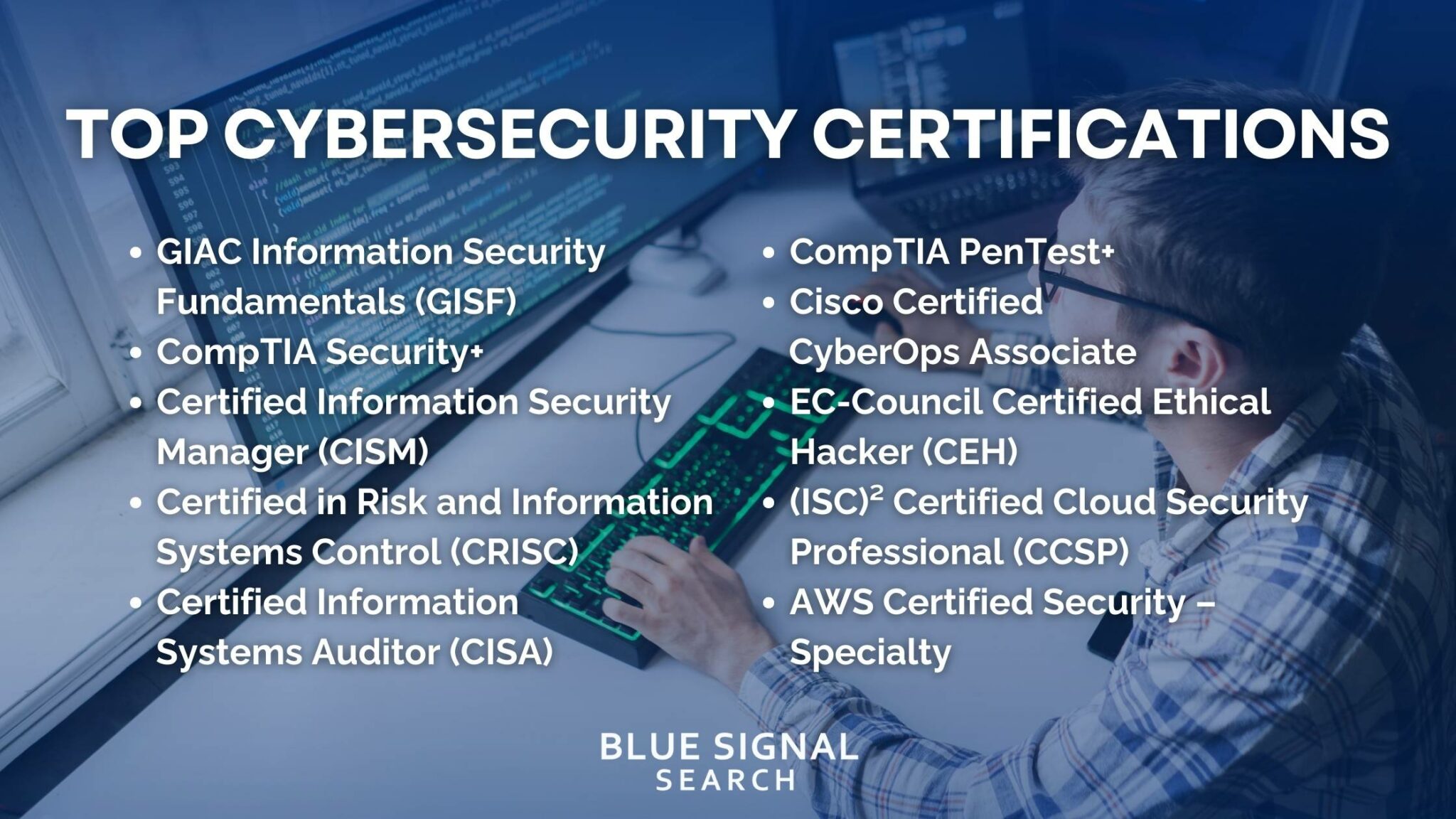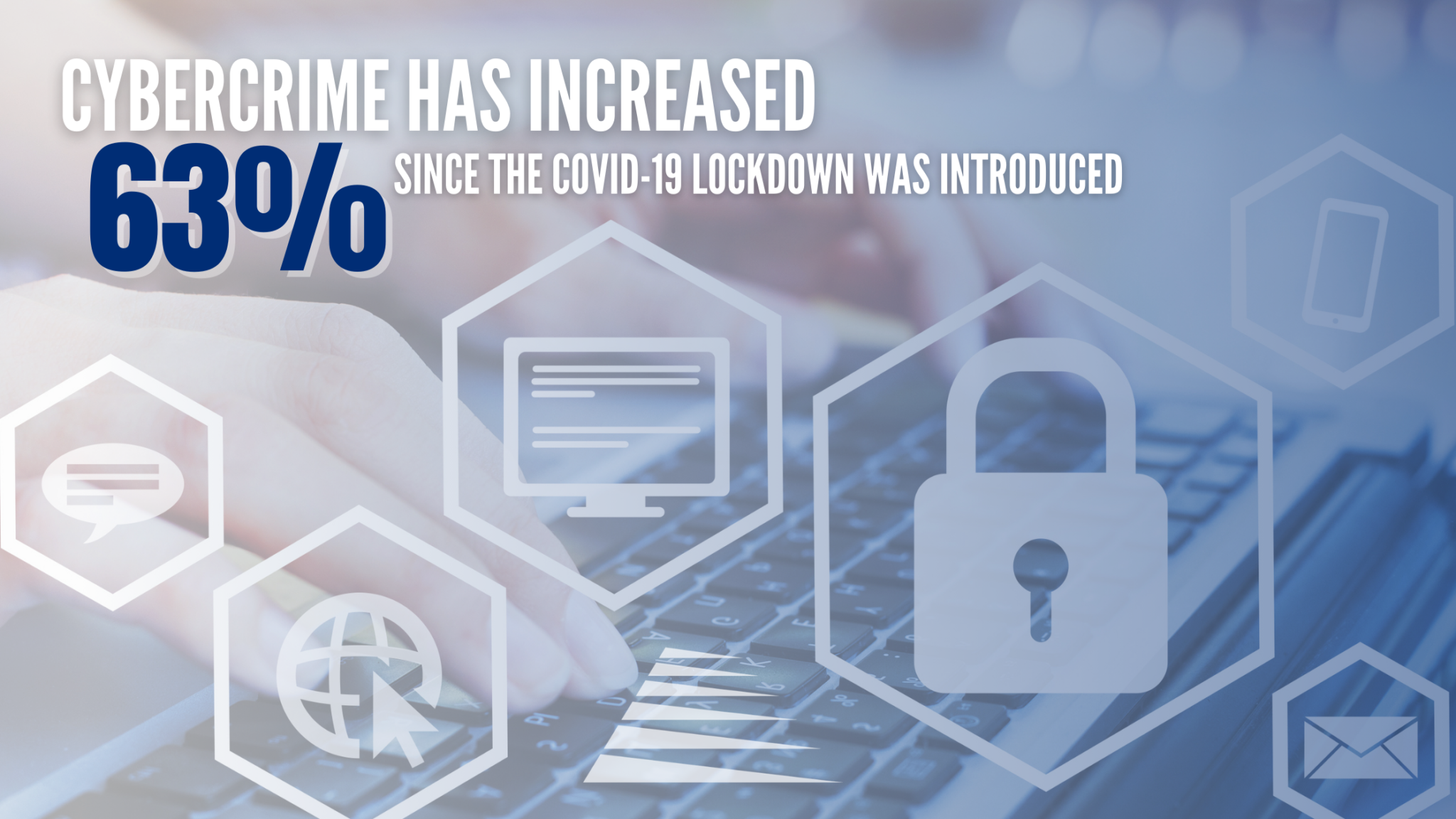Are cybersecurity jobs keeping pace with the rapidly changing world of digital threats? It's a question many professionals in the field are asking. In our latest 'Monday Market Share,' we chat with Recruiting Manager Joel Scott, who sheds light on the current state and future trajectory of careers in cybersecurity. Join us as Joel unravels the intricate dynamics of this critical job market, from global tech hubs to the latest innovations shaping security strategies.
In this interview, Joel answers these key questions about the cybersecurity job sector:
- What is the current state of the cybersecurity job market?
- Are there certain regions that stand out as major hubs for cybersecurity job opportunities?
- What new technologies are currently shaping the future of cybersecurity jobs?
Read on to hear his responses or click on the video below!
How would you describe the current state of the Cybersecurity job market, especially considering the rise in cyberattacks and breaches as of recent?
“There are a lot of questions being asked due to world events when it comes to the cybersecurity job market. I know a lot of the larger companies are starting to acquire smaller companies and startups. Companies are deciding who to acquire based off the software used and if it contains a true platform that can solve their issues. There are so many startups popping up across the globe, which means they need something unique to set them apart from the influx of companies in order to be acquired or become a juggernaut in the space.”
Are there certain regions or countries that stand out as major hubs for Cybersecurity opportunities, either due to tech growth, government initiatives, or increased threats?
“Tel Aviv is arguably the best hub overall as it has the best infrastructure for cybersecurity, especially for companies in the startup phase. That region is the driver of the economy and the conflict happening in that region is affecting the industry severely, as workers are now needed to fight for their country and put aside daily jobs. Silicon Valley, Austin, and Boston are becoming big hubs in the United States, and people suspect there will be an uptick in U.S. cybersecurity jobs due to recent attacks in Israel.”
What new technologies or methodologies are currently shaping the future of Cybersecurity? How are these advancements influencing the types of skills and expertise that companies are looking for in candidates?
“Artificial Intelligence (AI) has turned into the average worker's new imaginary friend. ChatGPT, or “insert whatever processing tool you use” has saved the masses in time and allowed for an increase in productivity. AI has increased cybersecurity threats as it has access to our identity like never before seen. Long gone are the days when something as simple as 'password' could be an effective password, like the one famously used by Michael Scott. This has caused an industry focus to surround identity protection cybersecurity needs.“
“Currently 84% of organizations reported an identity related breech, forcing enhanced identity protection via decentralized biometrics. This includes finger and face passwords that make it impossible to steal identity information without transforming your face to match another as in the movie “Face Off”. Even if someone went through that extreme of measure to steal an identity, they are only able to steal one individual identity and cannot obtain multiple, as is the case with stealing a password. Is it a perfect system? No, but it is a huge improvement in securing your identity.”
Conclusion
In conclusion, Joel Scott's insights reveal the vital importance of cybersecurity jobs in today's world. His perspective helps us understand the industry's key role in addressing global challenges. We've seen the rapid advancement of the field and the escalating need for professionals with specialized cybersecurity skills, offering exciting career opportunities.
At Blue Signal, we are deeply committed to contributing to the growth of this vital industry, supporting both professionals navigating these challenging times and organizations striving for robust digital security. Discover how our expert team can support your hiring endeavors and contribute to your success in the fast-growing cybersecurity sector. Reach out to us today to learn more about our services and how we can address your specific hiring needs.
About Joel Scott
Meet Joel Scott, your ideal cybersecurity recruiting partner. With a laser focus on the world of cybersecurity, Joel brings a wealth of expertise to your talent acquisition needs. His track record in identifying and placing top cybersecurity professionals is unparalleled, making him the ideal choice for businesses looking to strengthen their cybersecurity teams. He's ready to assist with your hiring needs and help you navigate the unique challenges of the cybersecurity job market.
Partner with us for your next hire.
Set up a free consultation with a recruiting manager. Tell us about your hiring need.
By submitting this form, you consent to receive communications from Blue Signal, including phone calls, emails, and text messages.








